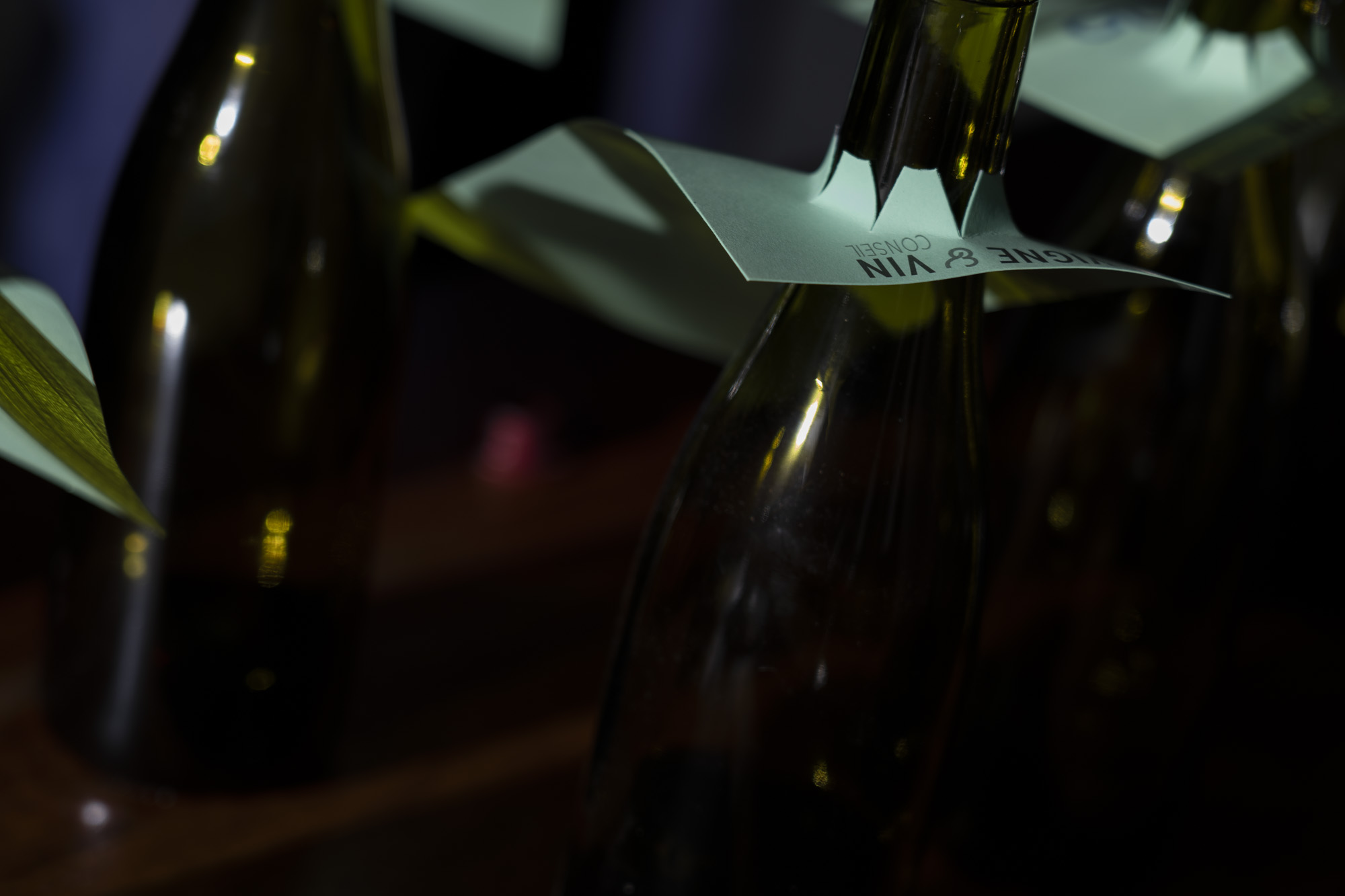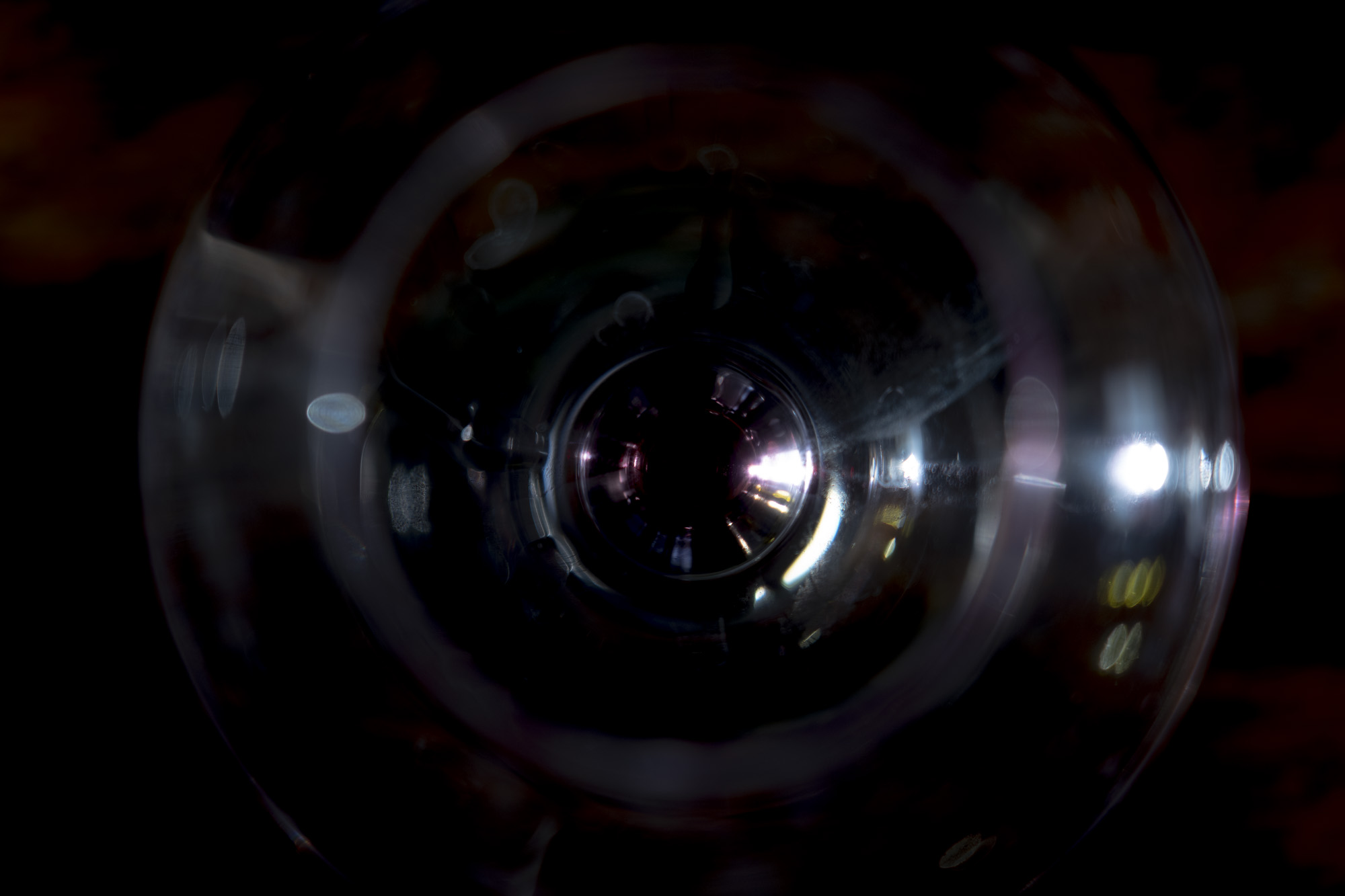« Made in France » can at times be a curious expression, used in English by those who promote various forms of national know-how and a certain vision of excellence in France. Taken literally, it has an obvious link with the idea of authenticity: a key notion indeed! So, what can be said of French wines in general? The expression “Vin de France”[1] has a specific signification that is explained in the footnote, but I am talking here about all French wines. Are they all excellent? I would dearly love to think so but this is not the case. Yet, if you put that question to a non-French person they may well say “excellent, but expensive”. So, is an ideal French wine a successful French wine? And, if so, what exactly does successful mean?
Whether one be a wine consumer or a wine professional, whether one is French or of any other nationality, there can be many visions of what makes for a successful wine. Defining such a concept inevitably introduces the notion of preference, which in turn incurs a cultural bias since there can be no universal definition of a successful wine, only variable definitions depending on the viewpoint. For example, a qualified oenologist may well consider that a wine has been well made because it has no technical defects, whereas a consumer is more likely to evaluate a wine according to its price. An oecumenical definition of a successful wine being out of the question, one has to take sides.
Let’s start with talking about terms used for describing wines. No single word describes exactly the same sensation felt by each person. Linguists and neuro-biologists have explored the causes of this and it would be vain to imagine that a wine defined as “elegant” by a wine critic will be understood in the same way by all consumers. Also, hyperbole and personal vision tends to be frequent in wine writing, which does not make things easier. So, what can we do with words to describe a wine? For the oenologist, a technical defect can usually be described with precise terms. As far as we are concerned, words should serve to elicit curiosity and a wish to taste from the consumer. Therefore, this is my first principle: we will only talk about wines that we consider to be successful, and about which we are able to comment favourably. Such wines are successful when one can say of them that they are delicate, precise, carefully made, elegant and so on. Now you may well say that all these words have become commonplace since they have been used for almost any style of wine. We wish to reinstate them in order to define exactly what is my second principle: what is a successful wine for La Tulipe Rouge.
[1] The official category « Vin de France » is used for wines that may show no specific regional identity other that that of the country. Most French wines have regional identities that appear on their labels.

It can be easier in some cases to start with negatives. A successful wine is never a caricature, never too much of this or that, never over-extracted, over oaked and never trying too hard in general to show off. A successful wine is not merely a projection of its label or certification and is never excessive. Being authentic or “typical” does not mean that it has to be rustic. Being free of added sulphites does not mean that it has to be devoid of fruit. It is never gross or uncouth, nor is it flashy and spectacular, matured on the moon or made in tiny quantities of 100 bottles. A successful wine is about a sum of details and good proportions. In aesthetic terms, one could say that it respects the golden number. Its key notes are discretion, sobriety, delicacy and precision: in other words, it treads softly.
Such characteristics derive from a subtle balance between reason and emotion, between an awareness of possibilities and the will to make the best possible wine. Recently installed winemakers often make the mistake of showing off their skills, and experience and passing vintages gradually produce a form of wisdom. A wine reaches maturity along with its producer. To produce a precise and delicate wine can imply following a “classical” path that derives from a long process of discovery and learning from previous generations that have constructed the benchmarks that we know today. Such a classical balance tends to produce something quite delicious, even voluptuous, when tasted and yet has those perfect proportions rather than bursting out all over the place. A successful wine talks softly.
This definition of a successful wine does not mean that there are not within it multiple styles and tendencies, sometimes even set in opposition one to another. There are industrial wines, artisan wine, so-called “natural” wines, “traditional” wines, organic wines, non-organic wines, barbecue wines, wines for aficionados, for bankers, for lunch with the mother-in-law, summer wines, winter wines, easy-drinking wines, wines for cellaring, and so on. They will differ as much by their conception as their production, as well as in their destinations. But a successful wine is one that has not been dominated by its production techniques, with the proviso of course that the producer has the necessary technical mastery to reach the required result. Because technical expertise must be thorough if one wants to avoid standardisation. True and complete knowledge of grape-growing and wine-making will provide the required adaptability. Without these, wine-making may take a strictly caricatural form or become naïve and ultimately totalitarian. In either case, by following rigid procedures, or no procedures at all, the wines will tend to be ordinary, rustic, vulgar or deviant. A wine that reeks of gooseberries and cat’s pee, or is so sulphured that it shows not fruit at all, is a close cousin to one that has semi-lethal doses of volatile acidity or smells of a barnyard! Techniques, both in the vineyard and the winery, are not there to standardise wines but to allow them to fully express themselves and become successful: the greatest wine-makers are masters of their techniques. We should remember that oenology is to a large extent governed by the raw material: grapes not only are all different, they can also be interpreted in many ways. The wine-making process never follows a standard recipe but it is, at least for the best producers, what enables them to stand apart in each vintage and acquire additional value. A successful wine has been mastered throughout its production.

I would like to add that sanitary and ecological matters are not excluded from my aesthetic approach to wine. The first indication of this is that wine certifications, such as organic or biological ones, are specifically mentioned in La Tulipe Rouge guides. But such matters are unknown at our tastings and in no way influence our selections. Let’s be clear here: an organic wine is not intrinsically better (or worse) than a non-organic wine. On the other hand, a good wine, if it is organic, has other virtues on the global scale and I will return to this. Even if some may not like this truth, wine is a superfluous product and some members of contemporary society only regard it as an alcoholic beverage. If its survival depends, at the very least, upon growing awareness of ecological issues, this alone is insufficient. Wine will need something more consistent to survive. It is above all a cultural product, like literature, cinema, music and so on. And this culture is based on aesthetic judgments. Just like an art lover, the wine lover is curious, seeks to learn more and discover new experiences. He enjoys meeting producers, maybe exploring new trends and styles, talking about likes and dislikes, criticizing critics or agreeing with them, and sometimes even becoming a critic himself! Such an aesthetic approach to wine rests upon various forms and levels of knowledge: viticulture, wine-making, biology, history, geography, economy, religion, politics, the physiology of taste, and even forms of art such as literature or painting; why not? An aesthetic approach to wine is interdependent between areas of knowledge: one may a perfect oenological technician without having any aesthetic culture or judgement. What is important is bringing together different aspects and forms of knowledge. Taken alone, sanitary and ecological questions cannot give any sense to a wine, and current debates around the imperfections of organic certification[1] illustrate this. Sanitary and environmental matters are indisputably part of the world of wine, but they are not what defines wine.
Given these limitations, I should explain my statement “a good wine, if it is organic, has other virtues”. What are these other virtues, seeing that some people consider that the organic certification is a perfectible one and is not any better that certain other approaches[2]? I think that we are mistaken if we oppose defenders of ecology taking a moral stance with defenders of good wines, whatever their label. There are ecological as well as moral considerations to good wines seen from an aesthetic standpoint. Separating one from another is sometimes symptomatic of contemporary society. We can see an example in some cities, with urban furniture looking like a chamber of horrors, at times because of so-called ecological considerations. But a good wine is all the better if its conception and process is virtuous. There are different ways to conceive and to produce wines. When it has been well conceived and well made, a successful wine is elegant.
We can hardly conclude this manifesto without evoking the notion of terroir and one of its children, a terroir wine. The reigning consensus in the French vision of wine is that a terroir wine is the highest level of wine. I would however contend that not merely some terroir wines are unsuccessful, but that a successful wine, which can come from all manners and scales of production, is more essential than a terroir wine which is the product of a chosen or self-elected few. This also has the advantage of permanently questioning established orders and hierarchies, of effacing regional prejudices and allowing excellence to emerge wherever it happens.
The Tulipe Rouge digital guide to the wines of France is in fact the digital guide to the successful wines of France. In other words, a selection at your discretion thanks to the many selection filters (by price, color, grape variety, appellation, region, vintage, etc.), of the successful wines by domain that we have been given to taste each year. Beauty being an indispensable luxury, I propose that this manifesto ends with the first two couplets from John Keat’s poem Endymion.
Olivier Borneuf
A thing of beauty is a joy forever:
Its loveliness increases; it will never
Pass into nothingness; but still will keep
A bower quiet for us, and a sleep
[1] We refer here to the use of copper and industrially produced sulphur authorised in organic vineyards, not to mention increased passages of tractors to spray these substances in moist conditions.
[2] There are numerous other certifications than biological/organic, some of them just as virtuous from an ecological point of view. There are also many good producers who do not choose to pay for organic certification but may be just as “clean” in their practices, but in such cases it is impossible to identify these.
